FLAWED HEROES OF THE BIBLE:
Believable Witnesses
FEARLESS
APPLIED
INSTRUCTED
TIRELESS
HUMBLE
Acts 26:13-15, 24-26
It is our contention that the testimony of the prophets recorded in the Bible constitutes another line of evidence which points to the existence of God. The men who wrote the Bible, like Paul, claimed to have had direct contact with God. If their testimony is credible, then it adds to the weight of evidence for God's existence. In our last lesson on evidences we began to examine the credibility of the Bible writers by showing that in matters of history, culture, and geography they had their facts straight. Through the years dozens of remarkable discoveries in archaeology have verified Biblical accounts of people and places in the ancient world. In terms of historical accuracy the testimony of the prophets has been verified.
But there are other ways that we can assess the believability of the witnesses who wrote the Bible. In today's lesson we will examine some of these other factors. We would contend that the writers of the Bible should be believed because:
I. They Tell On Themselves.
The Bible is filled with stories about flawed heroes, many of whom were the Bible writers themselves. Rather than hide their faults or exaggerate their righteousness these men told the unvarnished truth about themselves, about God's people, and about God's chosen leaders. Adam, Noah, Abraham, Jacob, Moses, Samuel, David, Elijah, etc. All these great men of the Old Testament had their moments of doubt and sin, and these are all dutifully recorded. In the NT we see Peter denying Christ and showing hypocrisy toward the Gentiles in the church. Paul tells us he was once a persecutor and murderer, Acts 26:9-11.
This kind of frankness is rather rare. In most ancient writings princes and philosophers usually ignore their faults and only boast of their accomplishments. They castigate their enemies and idealize their heroes. But the writers of the Bible air their dirty laundry. This fact increases their credibility and shows them to be honest men. Rather than crafting artful tales to excuse or hide their failings, they simply tell us they way things were. For this reason they are believable.
Losers Club is a real-life look at famous Bible figures such as Moses, Solomon, David, Thomas, Rahab,
Heroes of the Faith
Scripture Reading: Hebrews 11
Today’s Treasure: “The only thing that counts is faith expressing itself through love” (Galatians 5:6b).
People can easily be distracted if they perceive that God works mightily through others but never works through them. God does not play favorites. Anyone who cries out to Him, He answers. Anyone who surrenders to His call, He uses.
Ministry to the individual is as mighty an act of God as is ministry to the masses. Which is better: a speaker empowered to encourage a thousand believers in their walk, a homemaker praying with a neighbor to receive Christ, a mom singing “Jesus Loves Me” with her preschooler, or a popular Christian artist leading a massive crowd in “Amazing Grace”? They are all mighty works of God. They are all His heroes.
Don’t cringe. God has heroes. If you don’t believe it, check Hebrews 11. You’ll only find part of the list, however, because it just keeps getting longer in heaven. The name of every surrendered person who endures by faith and not by sight is on it. No doubt some of your heroes are on that list. You may be surprised to find your name listed there as well!
Having heroes of the faith is perfectly appropriate for you. In fact, I am saddened at the thought of anyone who cannot name a living hero. We can let one person’s failure tempt us to believe no one is genuine. Don’t let Satan make you cynical. If you can’t name a single hero in the faith, you may have already allowed Satan to sow a seed of cynicism in you. Remember, heroes aren’t perfect. They simply live to serve and honor God.
In my neighborhood I have a friend in the faith I admire deeply. She has joyfully ushered more of our neighbors to a place of receiving Christ than anyone I have ever known. She attends a weekly Bible study I teach and is personally responsible for at least fifteen or twenty people attending. If she meets someone who can’t afford to buy the Bible study book, she buys it. The latest new members of our Bible study are three women my friend met at a health club. They didn’t know how to get to our church. She picked them up and brought them. God’s Word is changing their lives—all because of one obedient minister of the gospel. I can hardly hold back tears as I celebrate her faithfulness with you. She is one of my heroes. And I know she is one of God’s.
Lord, thank You for heroes of the faith. Thank You for using regular, flawed people who live by faith to be Your instruments for advancing Your Kingdom. Please increase my capacity to believe You and act on that belief. Give me a willing heart to serve in any capacity You want me to. In Jesus’ name, Amen
WARTS
Martin Luther was savage in his rhetoric. But it was calculated. "I played Luther in the most disagreeable words," he wrote to a friend in 1535 after mercilessly goading a Catholic bishop into a rage. Martin in the early days believed if he had spoken in moderation no one would ever had paid him the slightest attention. "I see that whatever is treated mildly in our age falls into oblivion," he wrote a colleague in 1520. But even later as a legend in his own time his savagery never lessened against his 'enemies'.
Martin became more and more flawed with age. In 1539 at 56 Martin participated in a deception. His strong ally and friend Philip of Hesse wanted to marry his mistress. But Philip was already married. Martin had always been against divorce. But he had never been against a man having more than one wife. So contingent upon the approval of Philip's first wife Martin approved the second marriage. But publicly he denied approval. In a letter he wrote, "the secret 'Yea' must for the sake of Christ's Church remain a public 'Nay'.
But that was not the greatest of his flaws. Although very sympathetic to Jews in his youth he hardened after his break with Roman Catholicism. The indifference of Jews to his new Evangelicalism soured him. By 1543 he recommended all Jews be denied livelihoods by money-lending and be forced to take up agriculture. He would ban their Scriptures (Old Testament) in Hebrew as well. If they resisted these restrictions they would have to leave the country. After all, Martin fumed, Jews were completely banned in England, France, and Spain.
Martin also hardened against Protestant groups other than his own. The Baptists were not only pious but winning many converts. But in many principalities they were prohibited. Martin ranted against them as they were persecuted--even murdered by those in authority. Finally by 1540 he advised Baptists to practice their faith behind closed doors in silence. So the one-time outspoken 'heretic' who feared death from the hands of the Roman Catholic church did himself indirectly advocate death for outspoken 'heretics' who disagreed with his form of Protestantism.
Critics labeled Martin the 'Protestant pope'.
Subscribe to:
Post Comments (Atom)




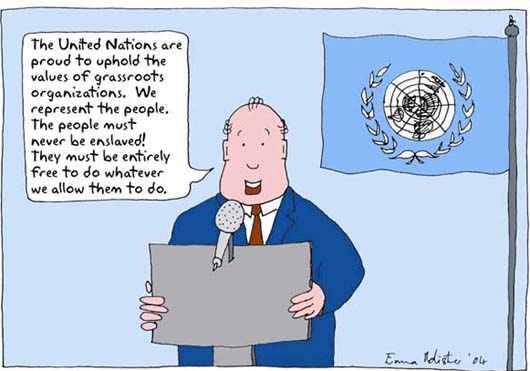
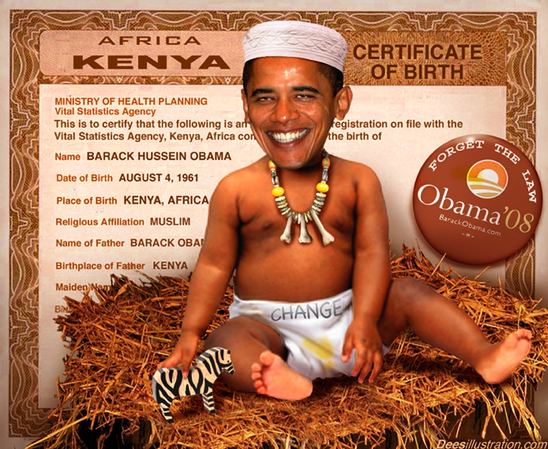







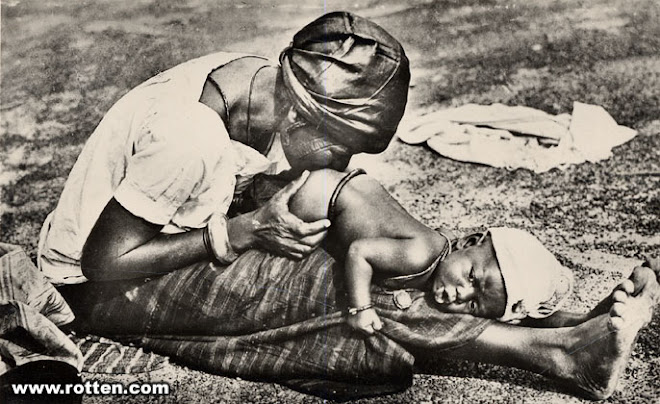

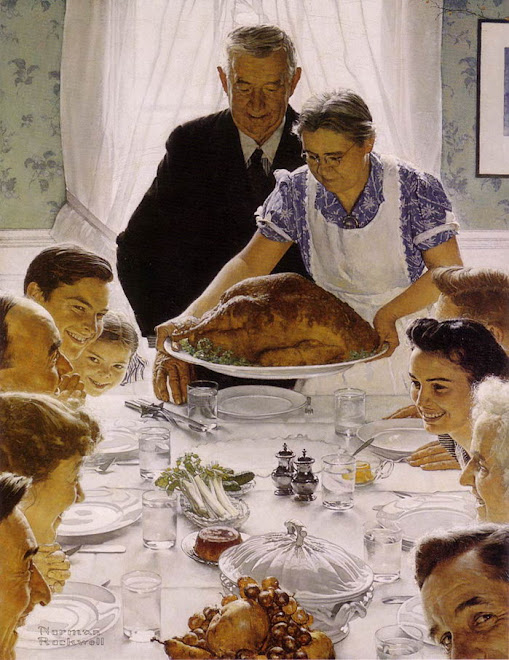




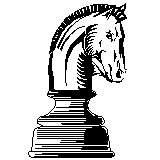




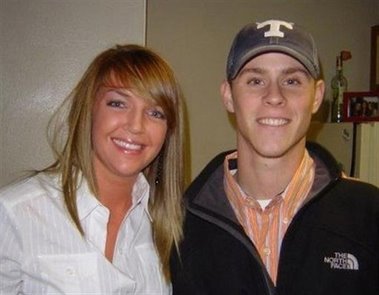



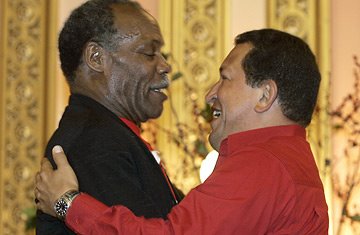

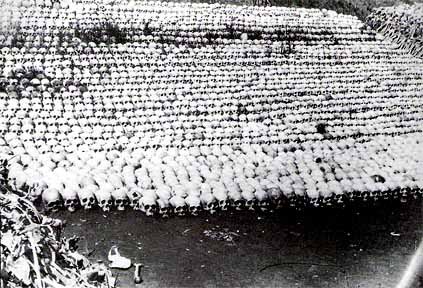
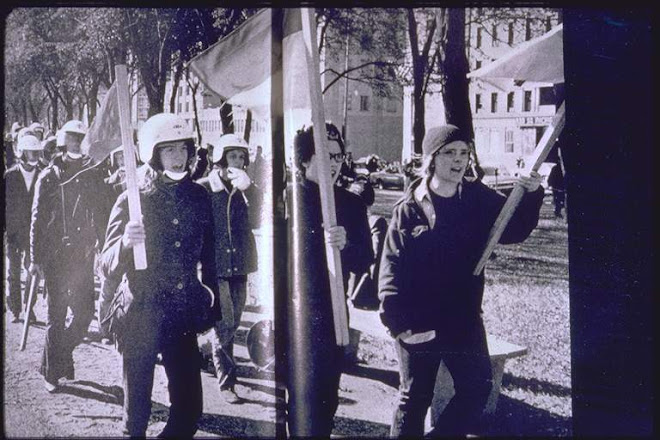
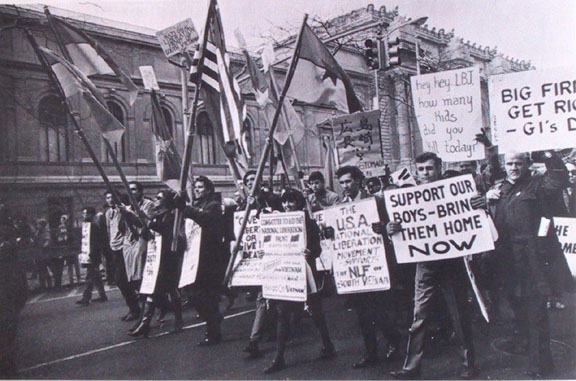

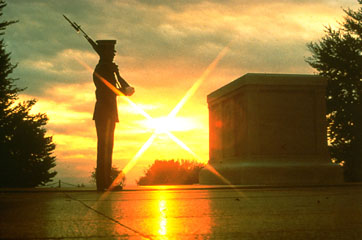

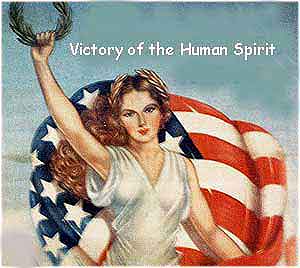
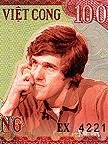

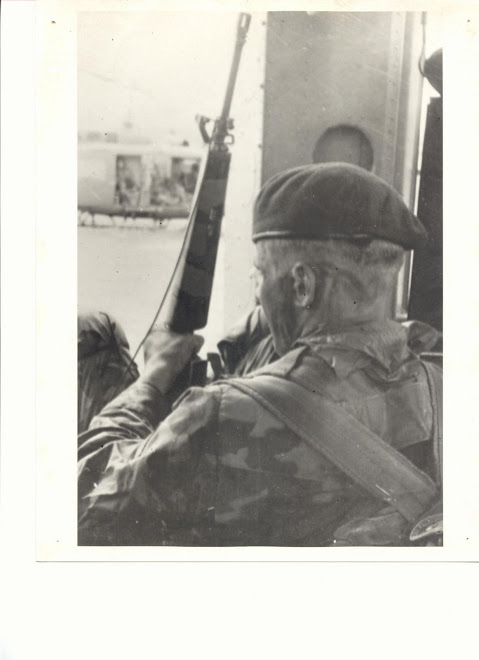



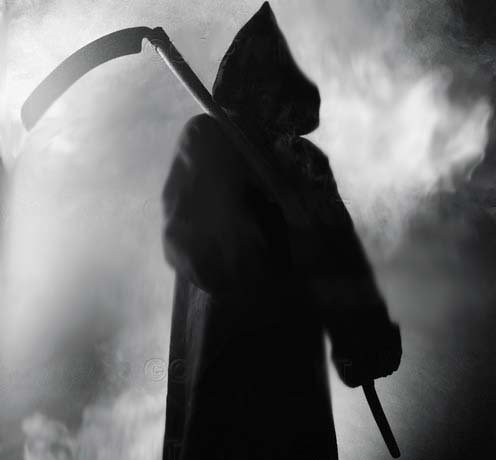

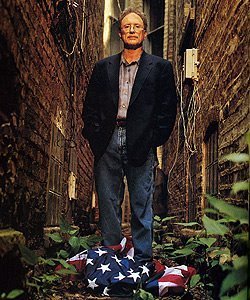





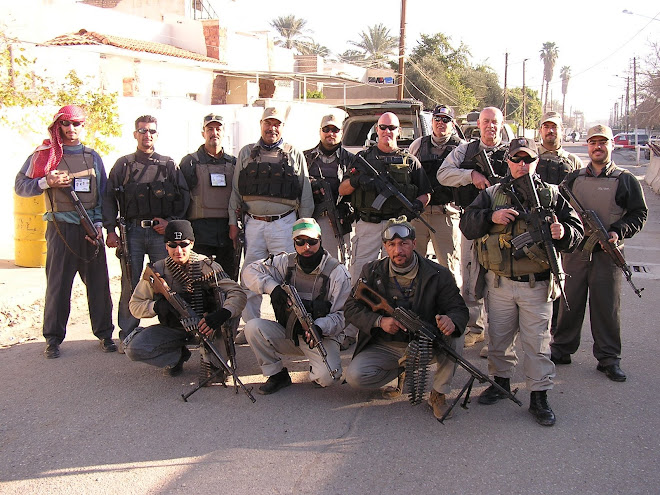
No comments:
Post a Comment